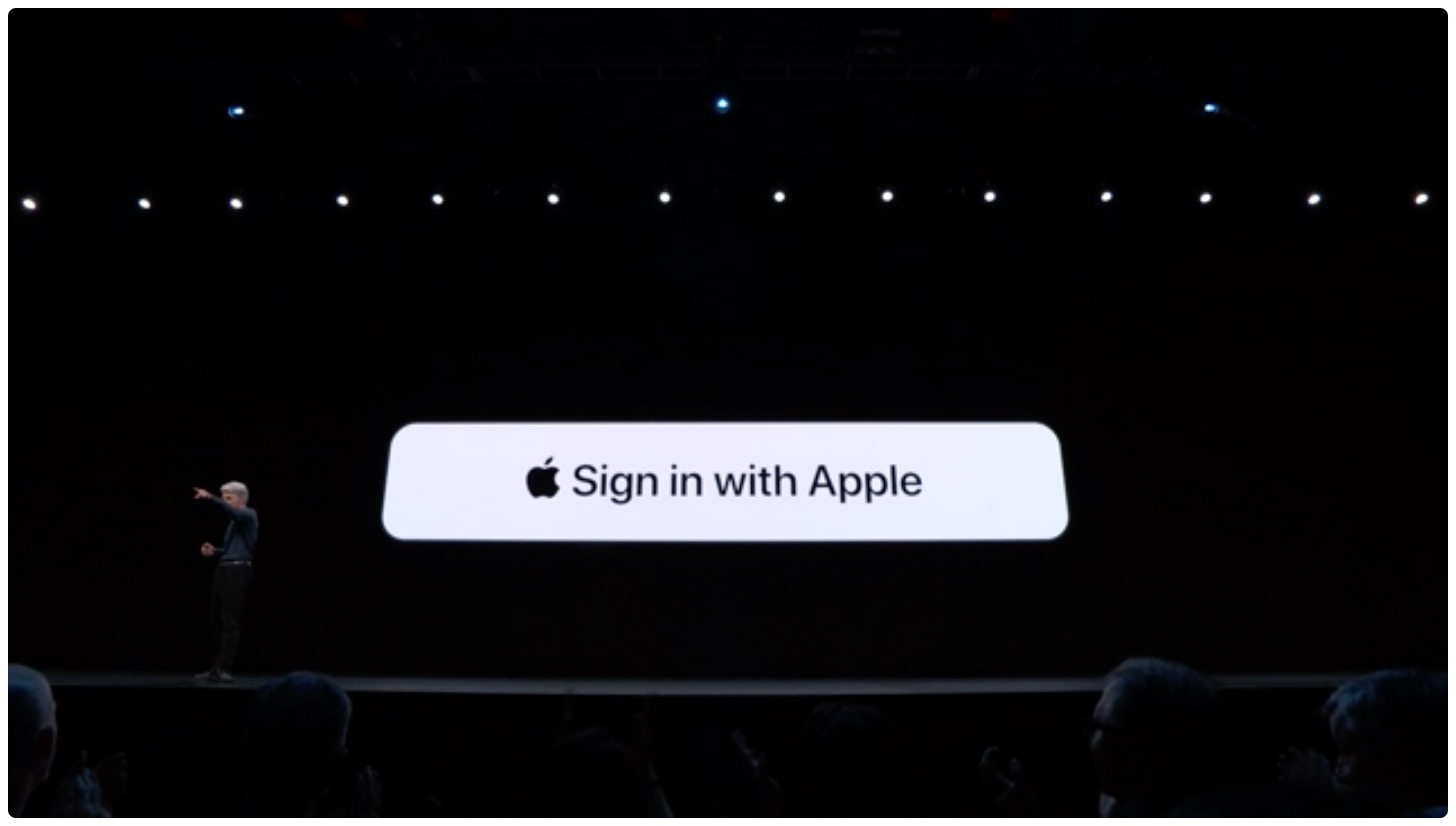What began with Apple’s introduction of the “Sign in with Apple” feature in 2019 has finally come to an end. At least for now, as one federal judge has granted Apple’s motion to dismiss a long-running allegation of monopoly-like behavior from its services.
In this case, its the aforementioned sign-in feature, and the App Store. The company alleging Apple’s unsavory behavior is Blix, the developer behind the email app BlueMail. That app was actually pulled from the App Store at one point, and ultimately returned to the digital storefront not too long after.
At the time, Blix said that while Apple reached out to the developers, they didn’t actually address any of the “shifting” issues Apple raised. But still the app was reinstated in the App Store anyway. But while Blix’s app returned to the App Store, the two brother developers didn’t stop raising their voice against Apple and what they view as monopoly-like behavior.

Now, according to 9to5Mac, a federal Judge in Delaware has granted Apple’s motion to dismiss the lawsuit brought against it by Blix. This means that Blix has lost its antitrust case against Apple twice now. U.S. District Court Judge Leonard P. Stark, also of Delaware, dismissed Blix’s antitrust lawsuit near the end of 2020. At the time, the judge said:
Allegations that Apple has the power to restrict competition aren’t equivalent to allegations that the company actually did restrict competitors’ output”, Judge Stark wrote. “Even if Blix had plausibly alleged that Apple held a monopoly over apps, its failure to allege anticompetitive conduct provides an independent reason to dismiss its claims.
And with today’s ruling, the judge explained:
Apple’s current policy of requiring Sign In With Apple whenever any SSO product is offered permits new competitors and competition (including Blix) because it does not foreclose the use of other SSOs. Allowing competition is the opposite of unlawfully constraining competition, so, again, Blix has failed to state a claim.
It’s worth noting that Blix is part of the Coalition for App Fairness. This group of businesses is focused on dismantling Apple’s current App Store policies. It includes companies like Epic Games, Spotify, Tile, and others.
Apple provided a statement on this decision:
Blix, a member of the Coalition for App Fairness and frequent complainer to press and regulators, alleged false conspiracy theories and anti-competitive claims against Apple. The court correctly rejected these claims and threw out Blix’s case. This case demonstrates that Apple has consistently acted legally by introducing its own innovative products and features that promote competition.
Another win for Apple in this regard.